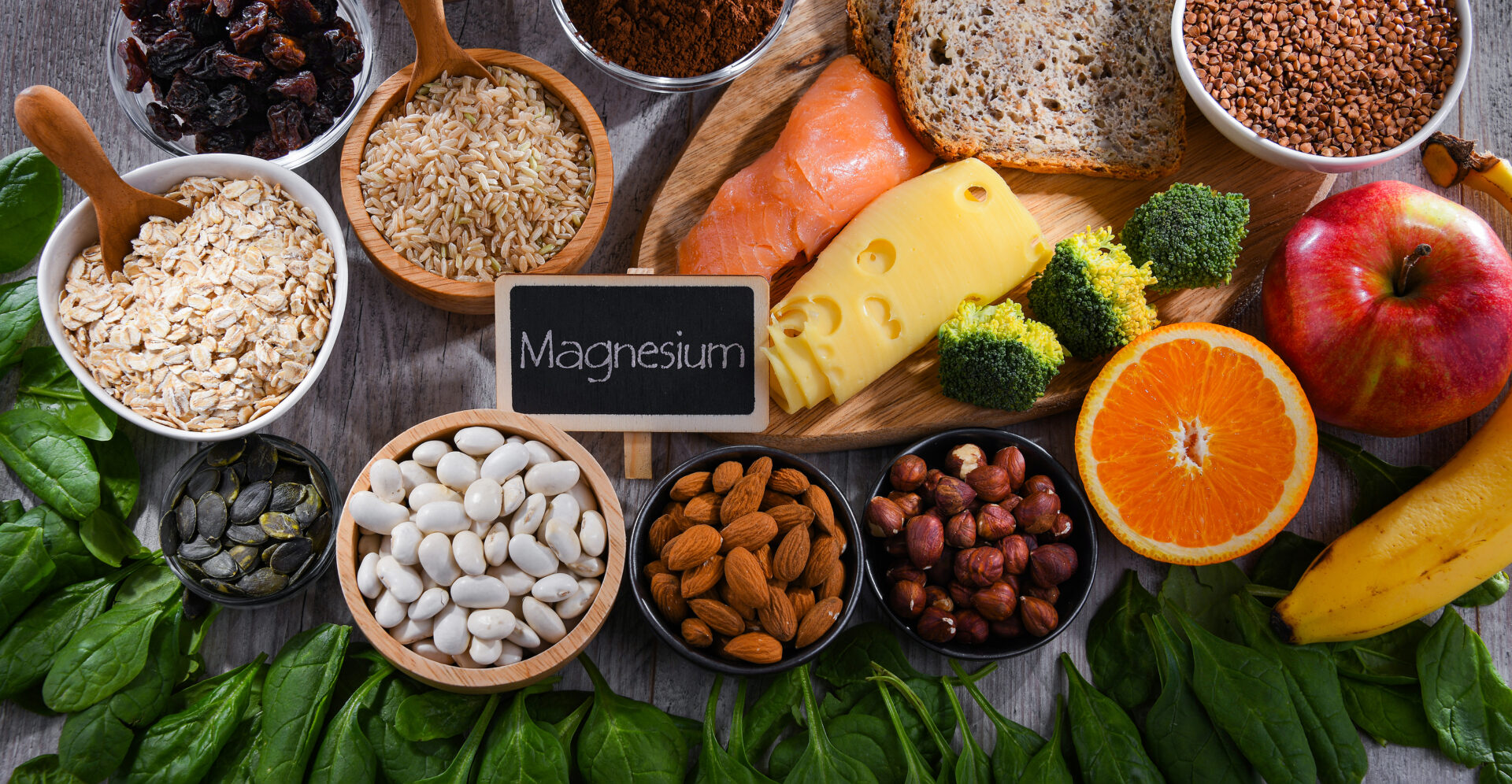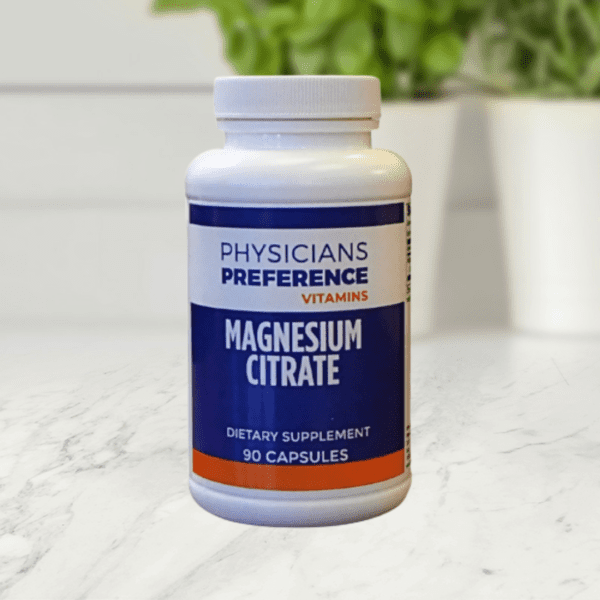
The Ultimate Guide to Magnesium Forms and Their Applications
Magnesium is a cornerstone of health, yet its importance is often overlooked. This essential mineral supports over 300 biochemical processes, influencing everything from muscle relaxation to mental clarity. Symptoms such as muscle tension, restless sleep, or difficulty focusing may signal a magnesium deficiency, a common issue due to modern dietary patterns and soil depletion.
This guide provides an in-depth exploration of three key magnesium forms—glycinate, threonate, and citrate. You will gain insight into their unique properties, practical applications, and how to select the most suitable form for your needs.
Magnesium Fundamentals: Functions and Daily Requirements
Magnesium is integral to numerous physiological processes, including nerve function, muscle contraction, bone health, and energy metabolism. It also contributes to cardiovascular stability and DNA repair.
Daily Requirements
- Men (19–30 years): 400 mg/day
- Men (31+ years): 420 mg/day
- Women (19–30 years): 310 mg/day
- Women (31+ years): 320 mg/day
While foods such as leafy greens, nuts, seeds, and whole grains are natural sources of magnesium, modern agricultural practices often reduce their mineral content. Supplementation can effectively address this shortfall.
Foods Naturally High in Magnesium
Here are common foods that contribute significantly to magnesium intake:
| Food | Serving Size | Magnesium (mg) |
| Pumpkin seeds (roasted) | 1 ounce (28 g) | 168 mg |
| Spinach (cooked) | 1 cup | 157 mg |
| Quinoa (cooked) | 1 cup | 118 mg |
| Black beans (cooked) | 1 cup | 120 mg |
| Almonds | 1 ounce (28 g) | 80 mg |
| Cashews | 1 ounce (28 g) | 74 mg |
| Hazelnuts | 1 ounce (28 g) | 46 mg |
| Sunflower seeds (dry roasted) | 1 ounce (28 g) | 91 mg |
| Avocado | 1 medium | 58 mg |
| Dark chocolate (70–85% cocoa) | 1 ounce (28 g) | 65 mg |
| Salmon (cooked) | 4 ounces (113 g) | 25 mg |
| Banana | 1 medium | 32 mg |
Values are approximate and may vary by preparation and source.
Fascinating Facts About Magnesium
- Historical Use: Ancient healers used magnesium-rich substances, like Epsom salts, for their calming and therapeutic effects, a practice that continues today in baths and wellness routines.
- Energy Powerhouse: Magnesium is a critical component of ATP (adenosine triphosphate), the molecule that powers nearly every cellular process, essentially acting as the body’s energy currency.
- Mood Booster: Magnesium plays a role in regulating neurotransmitters like serotonin, which may help stabilize mood and support emotional well-being, explaining why low levels are sometimes linked to stress or irritability.
- Nature’s Fireworks: Magnesium is a key ingredient in fireworks, producing brilliant white sparks when burned, showcasing its vibrant role beyond human health.
Magnesium Glycinate: Gentle and Highly Absorbable
Mechanism of Action
Magnesium glycinate, our most popular supplement, combines magnesium with glycine, an amino acid known for its calming properties. This chelated form enhances absorption and minimizes digestive discomfort.
Benefits and Uses
Magnesium glycinate is ideal for daily supplementation due to its gentle nature and high bioavailability. It supports muscle relaxation, stress management, and restful sleep, making it a preferred choice for individuals seeking consistent magnesium intake without gastrointestinal side effects. Its popularity at Physicians Preference Vitamins reflects its reliability and effectiveness for a wide range of users.
Magnesium Threonate: Optimized for Cognitive Health
Mechanism of Action
Magnesium threonate pairs magnesium with threonic acid, a vitamin C derivative, enabling it to cross the blood-brain barrier effectively. This enhances magnesium levels in the brain, supporting cognitive function.
Benefits and Uses
This form is particularly valuable for individuals seeking to improve mental clarity, focus, and memory. Research suggests it may support neuronal communication, making it a compelling option for students, professionals, and older adults aiming to maintain cognitive vitality.
Magnesium Threonate 90 Capsules
In stock
Magnesium Citrate: Versatile and Effective
Mechanism of Action
Magnesium citrate combines magnesium with citric acid, enhancing solubility and absorption. It also promotes digestive regularity by drawing water into the intestines.
Benefits and Uses
Widely used for its reliability, magnesium citrate supports general wellness and mild digestive health. Its versatility makes it suitable for those seeking a balanced supplement to maintain optimal magnesium levels.
Magnesium Citrate 150 mg 90 Capsules
In stock
Comparative Analysis of Magnesium Forms
| Form | Key Benefits | Primary Use Cases |
| Magnesium Glycinate | Gentle, highly absorbable | Daily supplementation, muscle relaxation |
| Magnesium Threonate | Enhances cognitive function | Memory, focus, brain health |
| Magnesium Citrate | Reliable absorption, digestive support | General wellness, mild digestive aid |
Selecting the appropriate form depends on your specific health goals, whether prioritizing digestion, cognitive support, or overall wellness.
Guidelines for Magnesium Supplementation
Dosage Recommendations
Most adults benefit from 100–400 mg of elemental magnesium daily, adjusted based on dietary intake, activity levels, and health conditions. Always verify the elemental magnesium content, as supplements vary in potency.
Best Practices
- Take with meals to enhance absorption and reduce digestive discomfort.
- Divide higher doses between morning and evening for optimal results.
- Avoid excessive doses to prevent gastrointestinal side effects.
Safety Considerations
Magnesium supplementation is generally safe for healthy adults. However, individuals with kidney conditions or those on specific medications should consult a healthcare professional before use.
Sample Meal Plan for Magnesium Intake
While supplements are effective, a diet rich in magnesium provides a strong foundation. Below is a one-day meal plan designed to meet daily magnesium requirements.
| Meal | Foods | Approx. Magnesium (mg) |
| Breakfast | 1 cup cooked oatmeal, 1 oz almonds, 1 banana | 170 |
| Morning Snack | 1 cup plain yogurt, 1 tbsp pumpkin seeds | 50 |
| Lunch | 2 cups spinach salad, grilled chicken, avocado, sunflower seeds | 120 |
| Afternoon Snack | 1 oz dark chocolate (70–85% cocoa) | 65 |
| Dinner | 4 oz grilled salmon, 1 cup quinoa, 1 cup broccoli | 175 |
| Daily Total | ≈580 |
This plan exceeds the recommended daily allowance, ensuring adequate magnesium intake through whole foods.
Lifestyle Strategies to Optimize Magnesium Benefits
To maximize magnesium’s efficacy, integrate these practices:
- Prioritize Magnesium-Rich Foods: Incorporate leafy greens, nuts, seeds, and avocados into your diet.
- Stay Hydrated: Aim for approximately half your body weight in ounces of water daily to support nutrient absorption.
- Manage Stress: Chronic stress depletes magnesium; counteract it with mindfulness or relaxation techniques.
- Exercise Regularly: Physical activity enhances circulation, facilitating nutrient delivery.
Final Thoughts
This guide elucidates the distinct advantages of magnesium glycinate, threonate, and citrate, empowering you to make informed choices tailored to your health objectives. Glycinate, our most popular form, offers gentle daily support, threonate enhances cognitive function, and citrate provides versatile wellness benefits.
Physicians Preference Vitamins offers premium magnesium supplements crafted for efficacy and quality. Visit our magnesium collection to select the form best suited to your needs. For personalized guidance, contact our Certified Nutritionists at 281-646-1659.
These statements have not been evaluated by the Food and Drug Administration. These products are not intended to diagnose, treat, cure, or prevent any disease.



